Anti-terror fight no excuse for US travel ban on refugees: Merkel
German Chancellor Angela Merkel has criticized American President Donald Trump’s recent decision on barring refugees as well as citizens from seven Muslim-majority countries from entering the United States, saying the international fight against terrorism cannot make any excuse for imposing such a mass blockade.
The German leader made the remarks during a telephone conversation with Trump on Saturday, reminding him that the Geneva Conventions, to which the US is a signatory, require the international community to accept war refugees on humanitarian grounds and to provide humanitarian protection for civilians in a war zone.
“She is convinced that even the necessary, decisive battle against terrorism does not justify putting people of a specific background or faith under general suspicion,” Merkel’s spokesman, Steffen Seibert, said on Sunday, further noting that Merkel had conveyed her concerns to the US president over his recent decision.
Seibert further stated that the German government “regrets” the entry travel ban on people and refugees, adding that Berlin would review the consequences of Trump’s move for German citizens with dual nationalities.
In a highly controversial move, Trump on Friday ordered a four-month hold on allowing refugees into the US and temporarily banned travelers from Iran, Iraq, Libya, Somalia, Sudan, Syria and Yemen.

The pro-environment German Green Party also lambasted the ban, with its economic spokesman, Dieter Janecek, saying that “Donald Trump is no longer a reliable partner” for Germany. He added that the measure would affect tens of thousands of Germans who had dual citizenship.
Janecek stated that Berlin had to take proper action if the new measure meant German legislators and other German citizens, holding dual citizenship, could no longer visit the US.
On Saturday, French Foreign Minister Jean-Marc Ayrault and his German counterpart, Sigmar Gabriel, said their respective countries were "concerned" over some decisions made by Trump, particularly his controversial move to restrict refugee arrivals.
VIDEO | Yemenis praise the military for its successful operations against Israel
VIDEO | Israel continues to bomb Gaza homes
VIDEO | An insider's view of the country: Meybod City in Yazd
‘All wars have rules. All of those rules have been broken’ by Israel
VIDEO | Report flags India’s violation of rights of Rohingya detainees
Turkey's foreign minister meets Syria's de facto leader in Damascus
VIDEO | US Syria plots
'Next to impossible' to rescue patients from Gaza's Kamal Adwan Hospital: Director


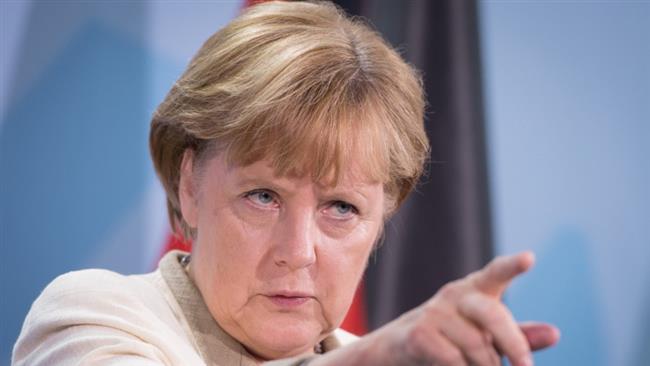


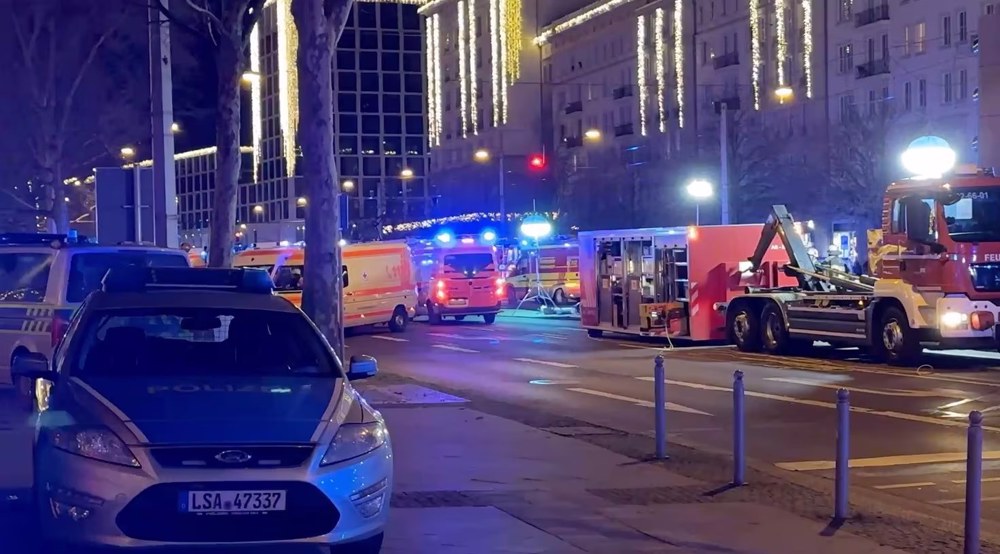



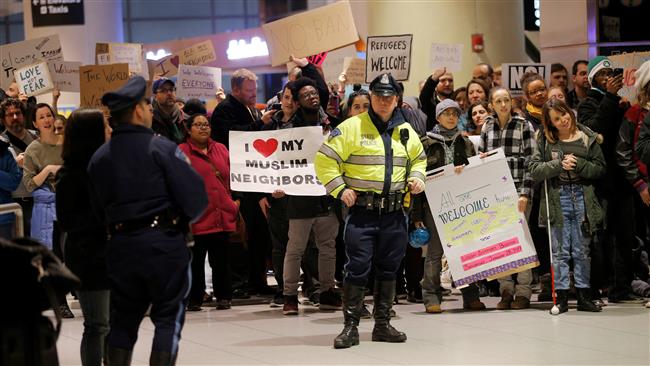
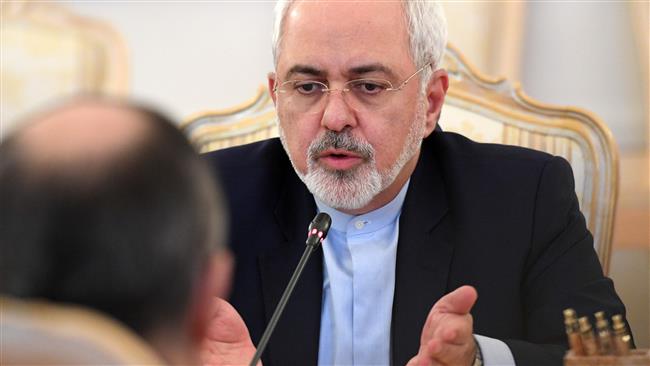
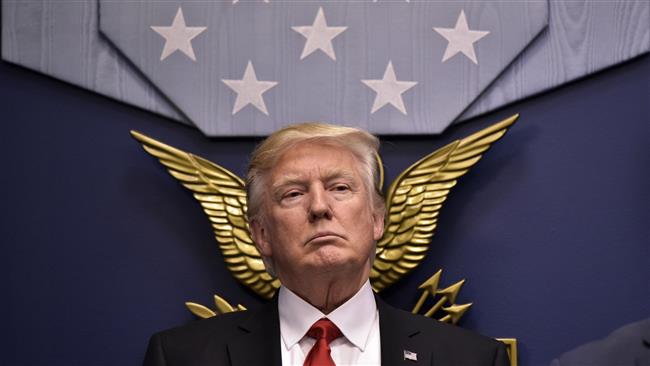
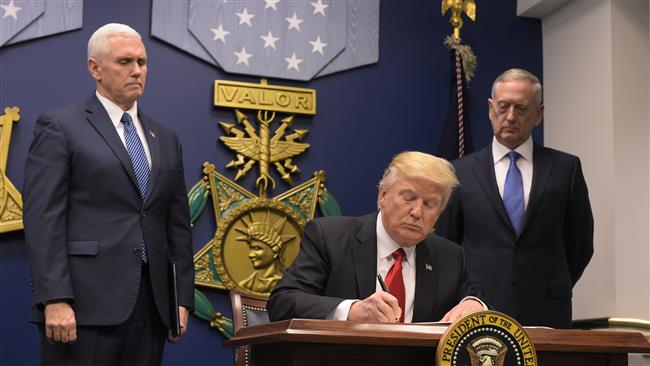

 This makes it easy to access the Press TV website
This makes it easy to access the Press TV website